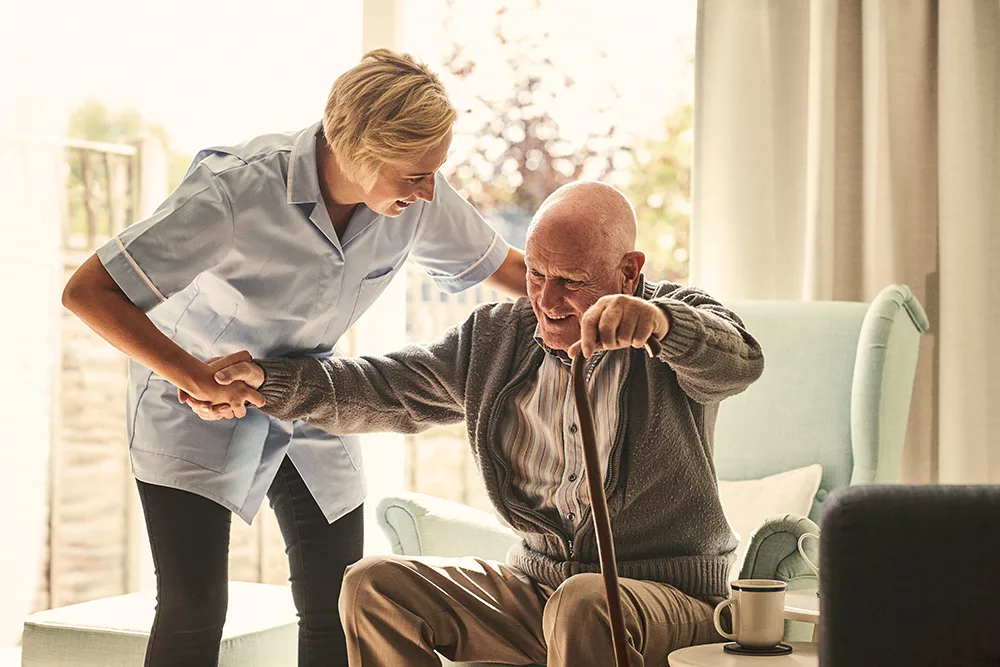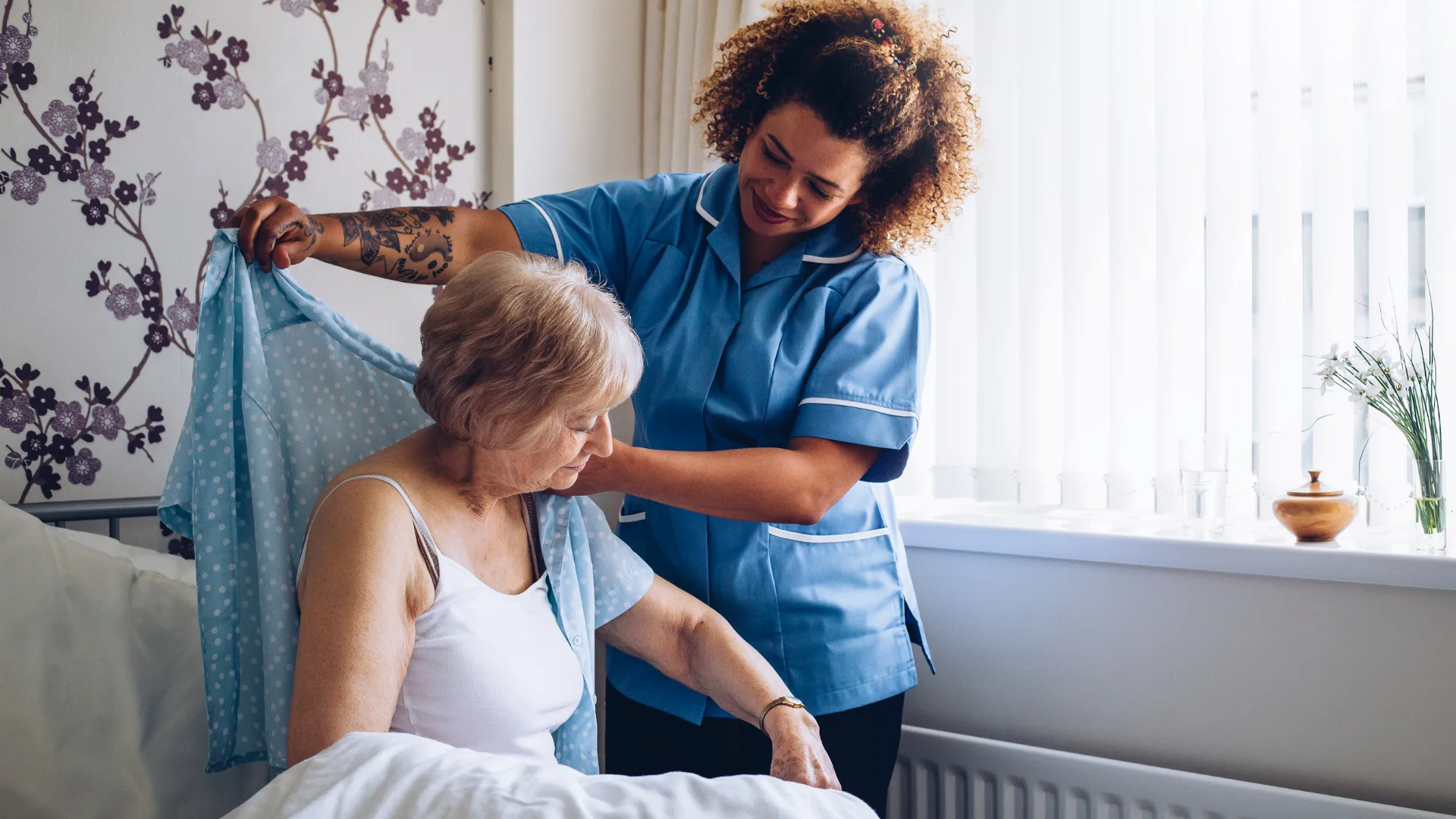



OVERVIEW
Figuring out how to handle the care of a loved one can be overwhelming. Whether your role of caregiver is new or old, you may need new information to help you plan and deal with ongoing changes. Our Family Caregiver Support Services provide information, resources support, and services to caregivers.
Information and Assistance
We offer resources and information on services available to the caregiver and person they are caring for.


Caregiver Respite Program
The Caregiver Respite Program is supported by state funding and is targeted to families caring for individuals living with dementia and related diseases, including Alzheimer’s. This program supports family caregivers by helping them pay for care for the person with Alzheimer’s or a related dementia diagnosis.
Respite for ME
Thousands of Mainers care for family members who are older, have a disability, or are not their biological child. Caregivers can also be neighbors extending a helping hand to an older adult or someone with Alzheimer’s or related dementias. Respite for ME grants, funded by the Maine Jobs and Recovery Plan, will allow caregivers to access respite care as well as other services not currently covered by existing programs. Eligible caregivers may receive up to $2,000 to access needed services. Services that eligible caregivers may access include, but are not limited to:


Caregiver Support Groups
Our Caregiver Support Groups are offered monthly and bring caregivers together through an opportunity to share their experience, gain skills, build confidence, and offer help and support. The following groups are held:
Lewiston: every second Monday of the month from 5:30–7 p.m., 8 Falcon Road.
Lewiston: every last Thursday of the month from 3–4:30 p.m., 8 Falcon Road and on Zoom.
Norway: every fourth Thursday from 2:30–4 p.m., 9 Marston St.
Wilton: every first Thursday from 3–4:30 p.m., 284 Main St., Suite 100.
24/7 phone support is offered through the Alzheimer’s Association Caregiver Hotline at 800-272-3900.
Caregiver Training
Building Better Caregivers is a program that was designed for family caregivers of people with an acquired brain injury, post-traumatic stress disorder, dementia and/or any other condition that affects memory. Topics include: caregiver stress, dealing with difficult behavior, finding help, making decisions about treatment, communicating effectively, dealing with caregiver and care partner difficult emotions, planning ahead, and confronting legal issues related to caregiving. Participants create action plans, share experiences, and help each other solve problems they encounter.

Entry into a nursing home or assistance with home-based care services requires an assessment. Call Maximus for long-term care assessments at 1-833-525-5784. The assessment is free and will be completed in the home by a registered nurse. To find out more about home-based, long-term care services, click here and go to the Care Coordination section.
Speak with an attorney or financial planner. They can help you plan the financial and legal aspects of caregiving.
Hospitals, nursing homes, and area agencies on aging have social workers and discharge planners that can help you plan for care of a loved one. Call SeniorsPlus for help looking into housing options such as assisted living, boarding homes, or nursing homes; we will search our statewide resource database and provide you with contact information.
As a caregiver, you may be so focused on your loved one that you don’t realize that your own health and well-being are suffering. The emotional and physical demands involved with caregiving can strain even the most resilient person. That’s why it’s so important to take advantage of available help and support.
These strategies have helped others manage their caregiver stress:
If you are feeling this way, call us. You are not alone. We can provide resources and support to help you navigate your caregiving journey. Call SeniorsPlus at 1-800-427-1241 to find out if you’re eligible to receive respite services.

SeniorsPlus welcomes your calls and emails. Consider us your community resource for answers to your questions and information regarding our services.
Providers only! If you are a provider looking to make a referral, please click here for HIPAA-compliant form.
Contact UsSeniorsPlus welcomes your calls and emails. Consider us your community resource for answers to your questions and information regarding our services.
Providers only! If you are a provider looking to make a referral, please click here for HIPAA-compliant form.
Contact Us